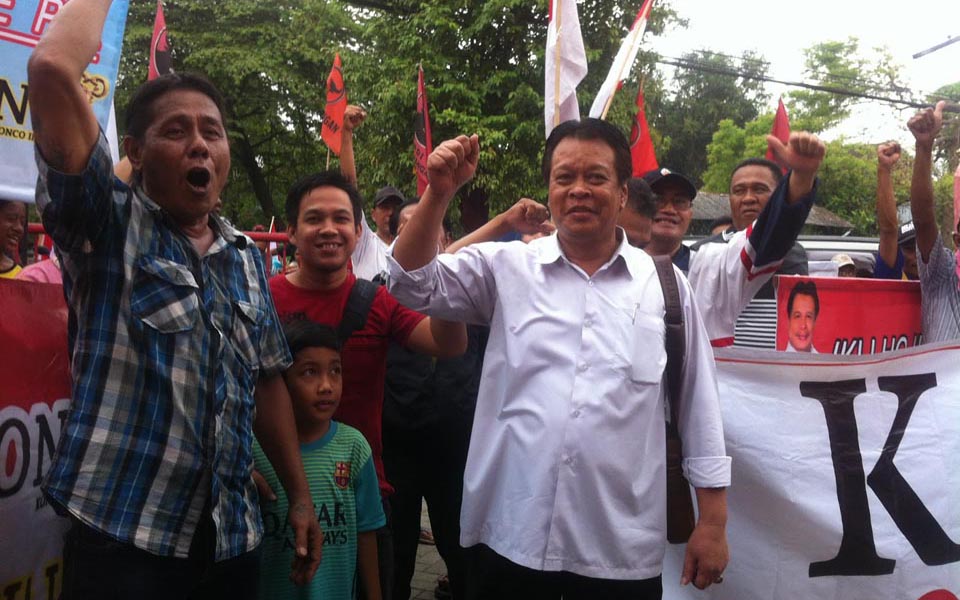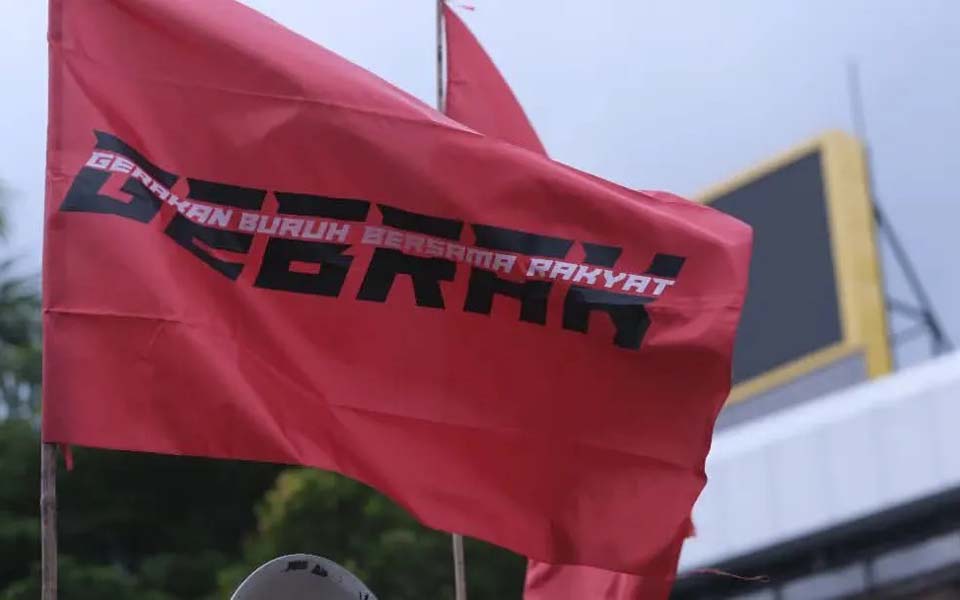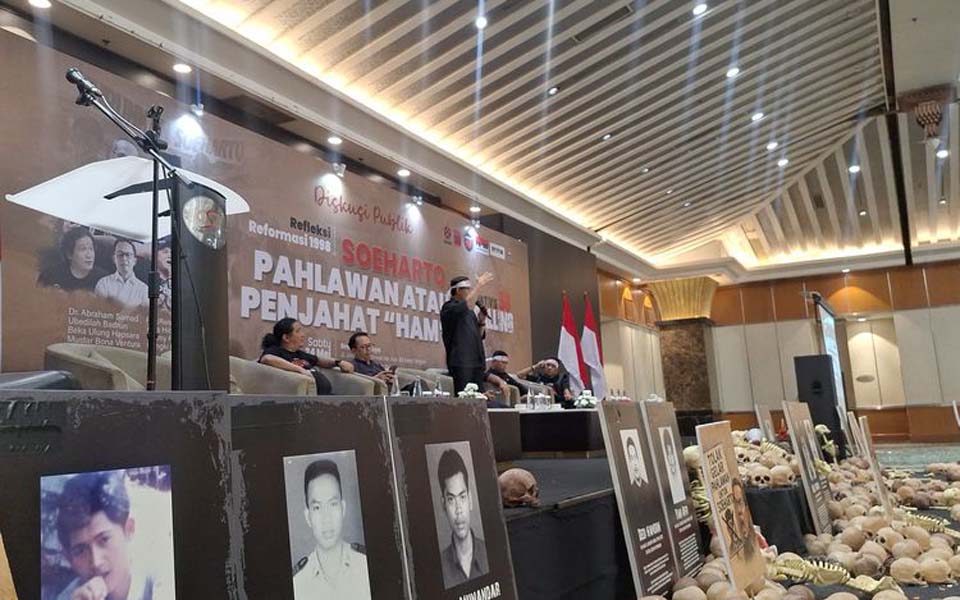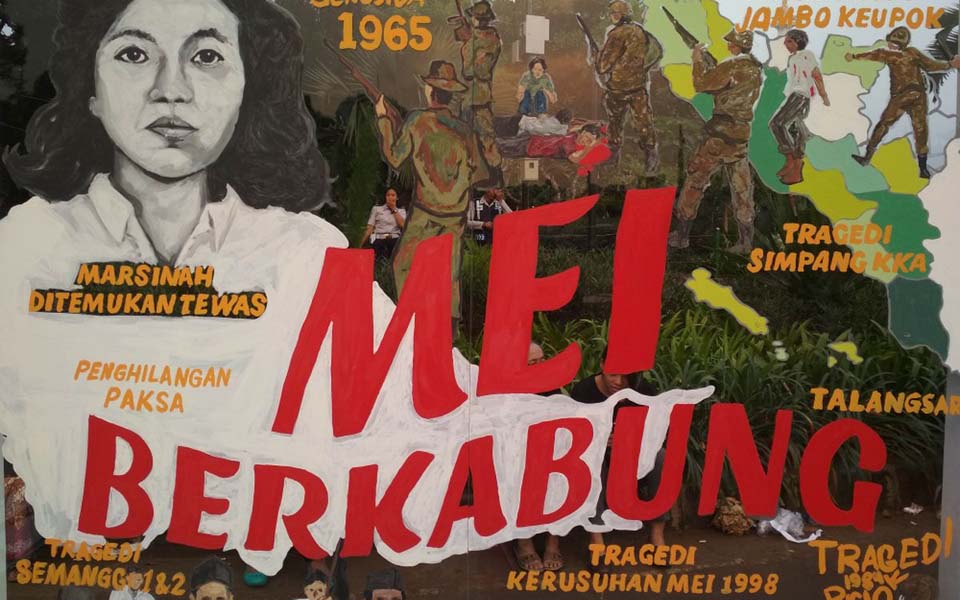Bandung – Ten years since process of reformasi started, Indonesia has not undergone any significant political or economic reform. This has been demonstrated by lack of government policies that side with the ordinary people.
This was conveyed by the chairperson of the 1977/1978 National Movement of Students (NSM), Indro Tjahjono during a discussion titled Commemorating 30 Years of Repression of Academic Freedom and Campus Occupation by the Suharto Regime in the West Java provincial capital of Bandung on Saturday February 9.
According to Tjahjono, the much-touted agenda of reformasi has not realised anything. “Indonesia’s situation has not improved. Moreover the government has failed to stabilise tje price of basic commodities, the price of soybean is still above the purchasing power of the people. The price of flour and rice is also continuing to rise”, said Tjahjono.
Sociologist Musni Umar expressed the view that up until now reformasi has not had an influence on poverty levels, unemployment or the eradication of corruption. “In 2007, poverty in the North Jakarta area alone experienced an increase of 77 percent compared with 2005”, said Umar.
He said that the failure of reformasi in the economic field is because the Indonesian government has adopted the wrong policies. “The government is pushing on with a system neo-liberalism and neo-capitalism by adopting economic policies based on the Washington Consensus”, said Umar.
This consensus is a system of trade liberation, the liberalisation of direct investment and deregulation (amending regulations that obstruct free competition). Umar said that Indonesia’s unreadyness to confront this liberalisation has hurt the ordinary Indonesian people.
In political terms, Tjahjono was of the view that the government’s errors lie with the failure to reform the democratic system currently in effect in Indonesia. “Capitalist democracy is still in effect, which in the past was put into effect by the Suharto regime”, he said.
According to Tjahjono, capitalist democracy is a democracy that submits to capital or those who own money. As long as this situation persists, then democratic values that should articulate the wishes of the people will never be realised.
Because of this therefore, said Tjahjono, the best solution is to put the ordinary people in the position of government decision makers. This could be done by choosing leaders that actually come from the people and prioritise the interests of the people. In this way, the policies that are produced will pro-people policies.
“We need leaders that prioritise the interests of the general public, like being able to stabilise the price of basic commodities, not be engrossed in converting oil energy need into gas”, he said. (A15)
[Translated by James Balowski.]















